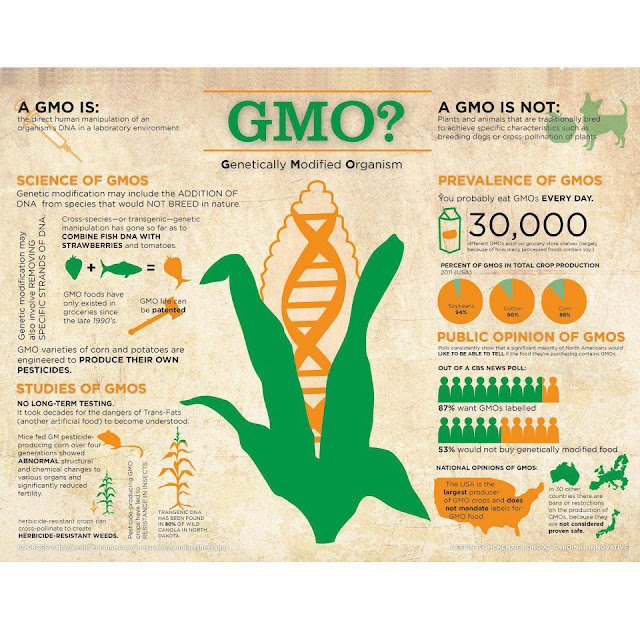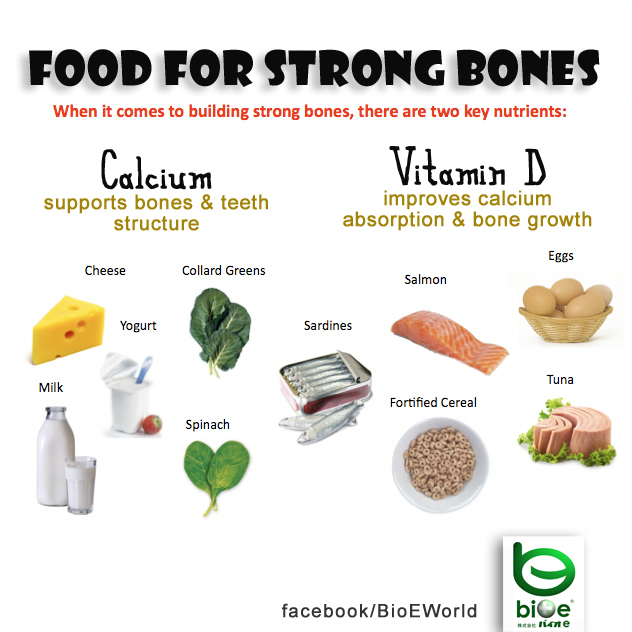Pesticides in tap water, produce linked to food allergies

Pesticides in tap water, produce linked to food allergies Pesticides in produce and drinking water may be playing a role in th e increasing prevalence of food allergies, according to a new study. Researchers looked at 2,211 people and found those in the top 25% for urine concentrations of chemical dichlorophenols – used to chlorinate tap water and keep pests off produce - were also 80% more likely to have a food allergy. "Adults can develop food allergies even though they're not kids anymore," says allergist and study author Dr. Elina Jerschow. "Adult allergies to foods are on the rise. That certainly includes shellfish and fish allergies, but also peanuts. We don't know what influences this development. But having been exposed to dichlorophenols in our study suggests there could be some link." Researchers believe dichlorophenols may alter the composition of healthy bacteria growing in the human gut, which plays an active role in immune system func...




